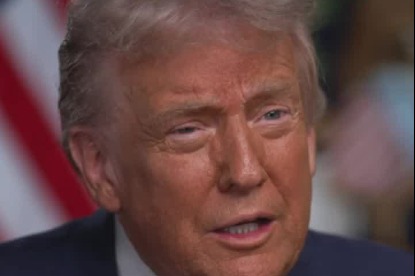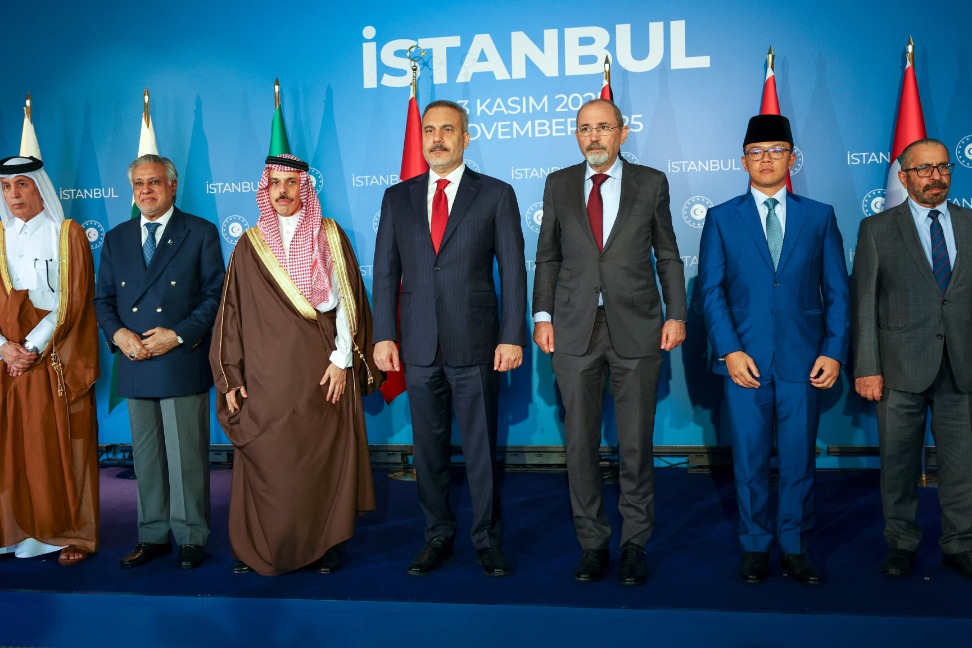Germany issues gas-supply warning


Germany has triggered a first early warning that it could be headed for a gas supply emergency as it prepares for possible disruption to gas flows from Russia.
The plan has been put in place after Russian President Vladimir Putin insisted that Europe and the United States pay for gas exports in roubles, a demand rejected by the G7 coalition of nations.
"If you want gas, find roubles," said senior Russian lawmaker Vyacheslav Volodin on Wednesday.
Volodin also said Russia should sell more of its exports on global markets in roubles, "where it is profitable". He added: "Moreover, it would be right, where it is beneficial for our country, to widen the list of export products priced in roubles to include fertilizer, grain, food, oil, coal, metals and timber".

Germany's three-stage emergency plan lists ways to conserve gas, secure supplies and ensure households have enough fuel, noted the Deutsche Welle news service. Later stages of the plan state the government could ration power if there is a disruption or halt in gas supplies from Russia, it said.
"Security of supply continued to be guaranteed", said Economy Minister Robert Habeck in a news briefing on Wednesday, adding that Germany's gas storage is currently filled to about 25 percent capacity. Habeck called on residents and businesses to reduce their energy consumption.
"There are currently no supply shortages, he said." Nevertheless, we must increase precautionary measures to be prepared for an escalation on the part of Russia. With the declaration of the early warning level, a crisis team has convened."
Industry in Germany has reacted positively to the warning. In a social media post, Klaus Muller, president of the German network regulator, Bundesnetzagentur, said: "It is right that the economy minister declared an 'early warning'. The aim is to avoid a deterioration of gas supplies for Germany and the EU via energy savings and additional purchases. The regulator is urging consumers and industry to do their bit and is preparing for all scenarios."
However, the Munich-based Ifo institute has said that more German companies will increase prices over the next three months, leading to an inflation rate rise, The Guardian reported.
































